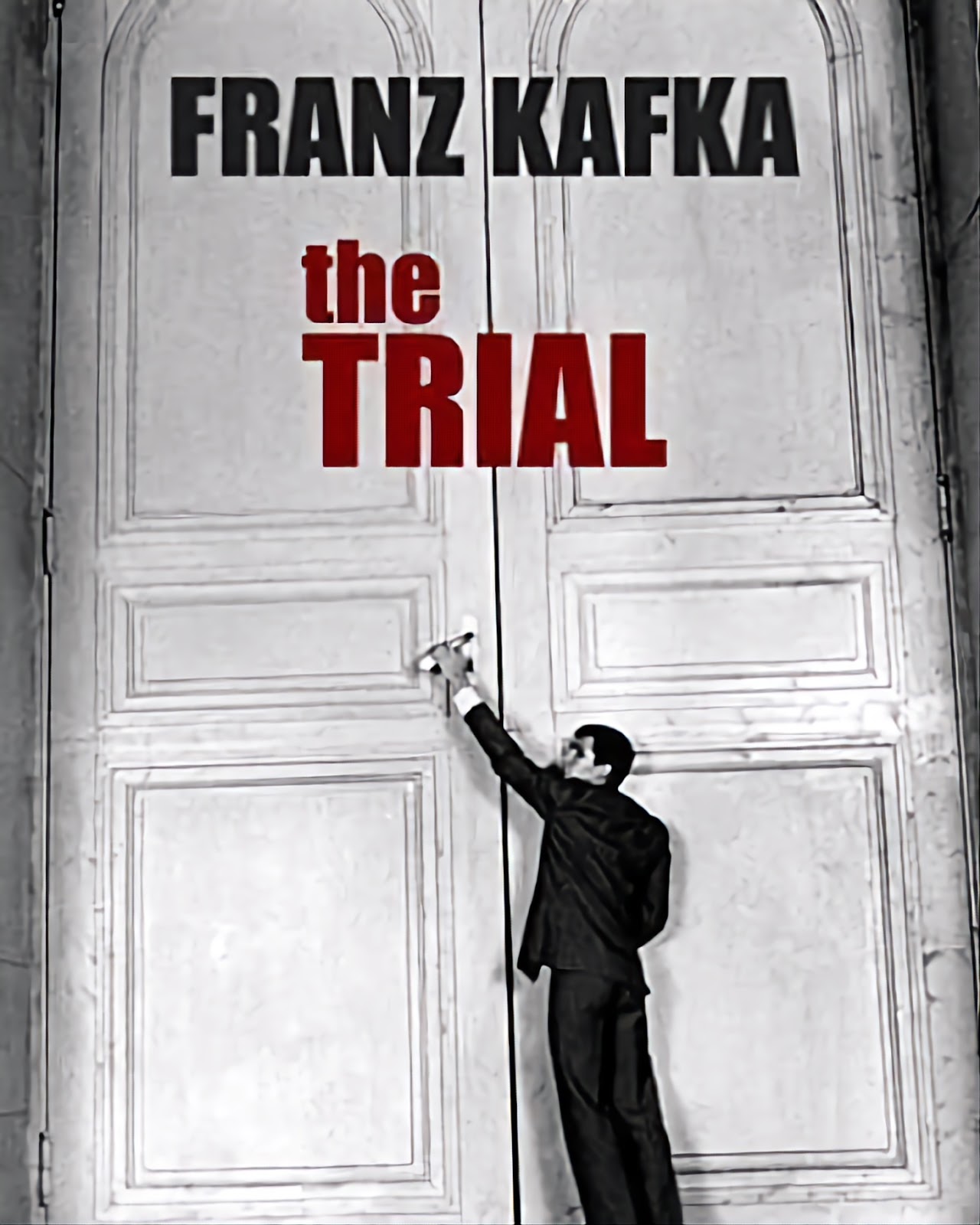Franz Kafka's "The Trial" is a deeply unsettling exploration of the human condition, encapsulating themes of existential despair and the absurdity of life.
Franz Kafka's "The Trial" is a deeply unsettling exploration of the human condition, encapsulating themes of existential despair and the absurdity of life. The protagonist, Josef K., is an ordinary bank clerk whose life spirals into chaos when he is arrested for an unspecified crime. Kafka uses this premise to delve into the nightmarish absurdity of bureaucracy and the existential angst of the individual.
The narrative unfolds in a surreal, almost dream-like manner, mirroring the confusion and helplessness Josef K. feels. Kafka's portrayal of a labyrinthine legal system, filled with illogical procedures and indifferent officials, reflects a world devoid of reason and justice. This bewildering maze serves as a metaphor for life itself, where one struggles to find meaning and understanding in an incomprehensible universe.
Throughout the novel, Josef K.'s encounters with various characters - from the absurd warders to exploitative lawyers - highlight the futility of his quest for clarity and justice. These characters are not just individuals but represent larger forces of bureaucracy and societal indifference, further emphasizing K.'s alienation and despair.
Kafka's exploration of themes like existentialism and alienation is profound. The novel delves into the individual's struggle against an overwhelming and oppressive system. This struggle is depicted not as a heroic battle, but as a futile and disorienting experience, leading to K.'s eventual downfall. The oppressive atmosphere is palpable throughout the novel, effectively conveying the sense of dread and powerlessness that defines K.'s existence.
The Trial transcends being a mere legal drama. It's a compelling examination of existential dread, the arbitrariness of life, and the oppressive nature of unseen, incomprehensible forces. The novel’s ambiguous ending, where K. faces his doom without ever understanding his crime, leaves a lasting impact. It's a testament to Kafka's genius in capturing the existential disorientation and the absurdity of human existence.
In essence, "The Trial" is not just a story about a man versus a corrupt legal system; it's a profound commentary on the human condition, exploring themes that resonate with the existential dilemmas we all face. Kafka’s narrative, with its blend of reality and nightmare, forces us to confront the unsettling truths about our own existence and the world we inhabit.


